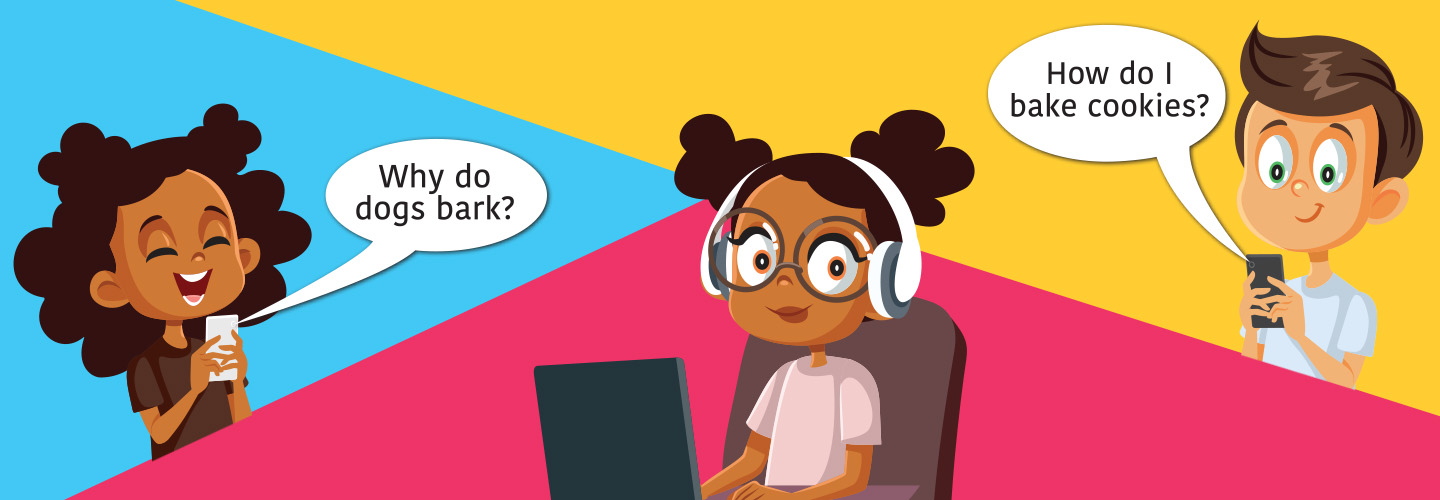How do you make slime? Where’s the world’s largest lake? If you’re like most people, there’s one thing you do when you have questions like these. Google it!
Google is turning 25 this year. The world’s most popular search engine has a lot to celebrate. Google receives and responds to billions of search requests every day. The company is also a huge success. It is worth more than $1 trillion.
A Google search is now quicker than ever. But finding reliable results can be tricky.

